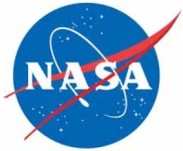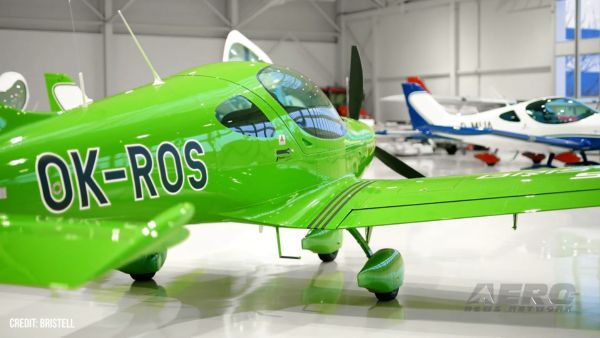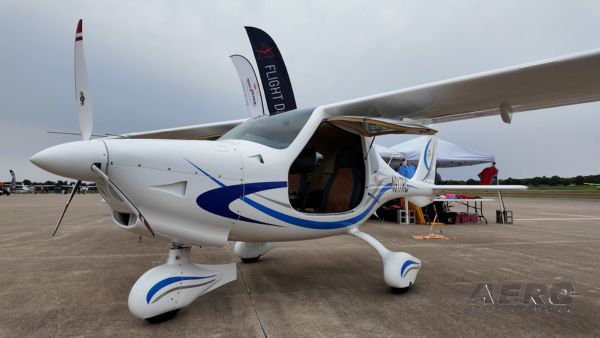Thu, Sep 13, 2007
Advertisement
More News
 ANN's Daily Aero-Term (09.10.25): Runway Entrance Lights (REL)
ANN's Daily Aero-Term (09.10.25): Runway Entrance Lights (REL)
Runway Entrance Lights (REL) An array of red lights which include the first light at the hold line followed by a series of evenly spaced lights to the runway edge aligned with the >[...]
 Airborne 09.04.25: Textron Nixes EPlane, Space Command!, CO MidAir
Airborne 09.04.25: Textron Nixes EPlane, Space Command!, CO MidAir
Also: Daher Climate Policy, Boeing Reveal, Another Laser Whacko, Spirit Proceeds Textron eAviation is putting the development of its Nexus eVTOL aircraft on hold, meaning its first>[...]
 Airborne Affordable Flyers 09.11.25: MWAE25, Tests-Flt Design F2, Vashon Ranger
Airborne Affordable Flyers 09.11.25: MWAE25, Tests-Flt Design F2, Vashon Ranger
Also: SUN ‘n FUN’s EarlyBird, Rotax Advanced Start, Girls in Aviation Day, Lockwood RV-916! The recently concluded Midwest Aviation Expo, hosted by the Mt. Vernon Outla>[...]
 Airborne 09.10.25: 1000 Hr B29 Pilot, Airplane Pile-Up, Haitian Restrictions
Airborne 09.10.25: 1000 Hr B29 Pilot, Airplane Pile-Up, Haitian Restrictions
Also: Commercial A/C Certification, GMR Adds More Bell 429s, Helo Denial, John “Lucky” Luckadoo Flies West CAF’s Col. Mark Novak has accumulated more than 1,000 f>[...]
 Airborne 09.08.25: Swift Fuel Approval, Diamond Lil Roars, SnF26 Tkts On Sale!
Airborne 09.08.25: Swift Fuel Approval, Diamond Lil Roars, SnF26 Tkts On Sale!
Also: Carrier Landings Not Required, UAL To Tel Aviv, ATC in College, EMAS Systems Stop 2 Swift Fuels 100R unleaded fuel has earned ASTM production specification approval. This 100>[...]
blog comments powered by Disqus




